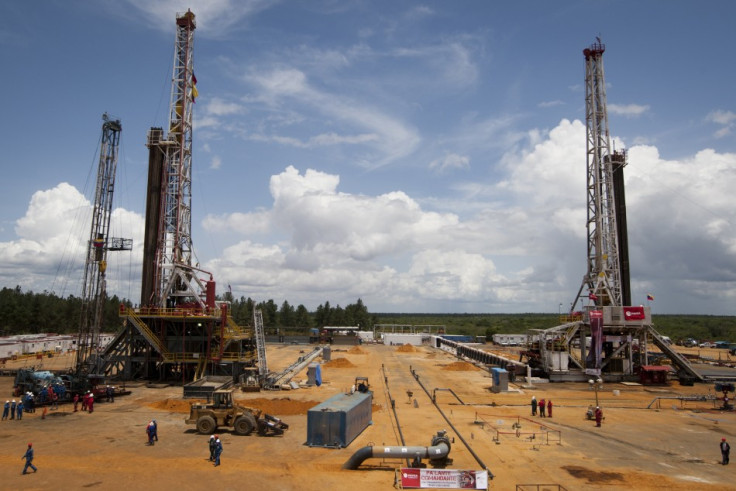Activists fear missing Native American women were swept up in oil-worker sex-trafficking ring

Native American women are being murdered and vanishing in the US Midwest, and activists have complained that local police don't much care. They fear that the women are disappearing and being pushed into sex-trafficking rings to satisfy oil workers in North Dakota.
Three Native American women have been killed and two more have disappeared from northern Minnesota since May 2015 in a period of around six months in the sparsely populated region. A third woman was kidnapped but managed to escape.
"I think a lot of disappearances of young women can be tracked back to some sort of trafficking," activist Patti Larsen told The Guardian. Larsen is a member of Mending the Sacred Hoop, an organisation that works on bringing an end to violence against Indian women.
"There's a connection" between reservations and low-income areas of local towns and "trafficking and prostitution routes", noted sex-trafficking researcher Chris Stark. Native teenage girls are being recruited or groomed, he said, for the Bakken, an area of oil-rich fields in North Dakota, where tens of thousands of men have worked the last few years.
Native American women and girls tend to be easy targets for traffickers who seek to recruit for commercial sex work. Native American women are twice as likely to be sexually assaulted as women of other races. A 2007 study found that 24% of the women charged with prostitution in north Minneapolis were Native American, yet they comprised only 2.2% of the population.
"If you're a trafficker looking for the perfect population of people to violate, Native [American] women would be a prime target," said Sarah Deer, an attorney, author of The Beginning and End of Rape: Confronting Sexual Violence in Native America. "You have extreme poverty. You have a people who have been traumatized. And you have a legal system that doesn't step in to stop it."
But law enforcement officials point to criminal gang activity and persistent traffickers driven by profits that make the problem difficult to battle.
"You follow the construction workers, you follow the money, you follow the oil – you'll start seeing where the trafficking will follow that," said Duluth police officer Kim Wick.
The town's international port on Lake Superior has served as a hub for commercial sex for decades, and it capitalises on the proximity of low-income Native women from surrounding reservations. Stark called it a "built-in pool of women" that was particularly vulnerable to criminals.
© Copyright IBTimes 2025. All rights reserved.




















